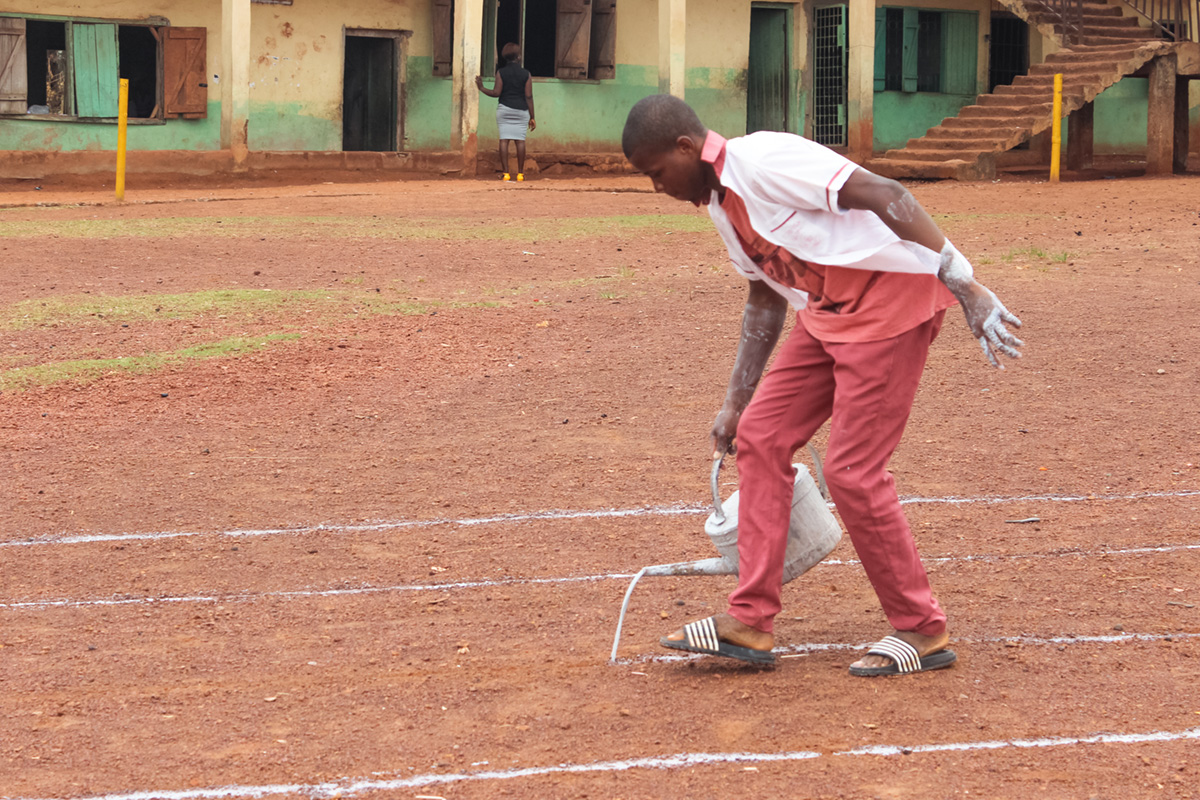
Certain studies have shown a certain relationship betweencardiovascular diseases in men and water hardness. Numerous other studies havealso come to the conclusion that there is definitely is a correlation betweenwater hardness and cardiovascular health, but The World Health Organizationclaims that the data provided in the studies is inadequate enough for a waterhardness recommendation. Some health reviews actually do set somerecommendation for the minimum and maximum levels of magnesium and calcium indrinking water.
The reviews have also established a recommended total hardnessof the water expressed as the sum of concentration of the two elements. TheNational Research Council claims that hard water poses no risk for the healthof human beings. The National Academy of Sciences claims that it evencontributes to the human dietary needs for magnesium and calcium and that itcontributes to certain types of diet that contains higher amounts of calciumand magnesium.
Almost 90 percent of homes in the U.S. have hard water. Thisdata comes from a certain study made by the United States Geological Survey. Incertain lucky parts of the world such as Hawaii, New England, PacificNorthwest, and South Atlantic-Gulf, they get a supply of what is considered asthe softest waters on the territory of the U.S. On the other hand, moderate hardwaters can be found in Great Lakes, Tennessee, some regions in Alaska, and inthe Pacific Northwest.
The hardest waters that contain more than a gram ofmagnesium and calcium per liter can be found in Kansas, Arizona, Texas, NewMexico and southern parts of California. Citizens of Canada also have their owntroubles with hard water. Manitoba and Saskatchewan are rich in dolomite typecalcium and magnesium which are soluble in the groundwater that is abundant incarbon dioxide trapped by the process of glaciation. These parts of Canada dealwith waters that exceed 200 milligrams of calcium carbonate per liter.
The drinking water in England is also considered very hardby the British Drinking Water Inspectorate. The east England water exhibits above 200milligrams of calcium carbonate per liter. The areas with softer water includes Devon,Wales, Cornwall and Northwest England. Believe it not, water gets furtherhardened during the brewing process by adding gypsum in the process ofBurtonisation. Australia is no exception to the trouble with hard water.Melbourne has very soft water, while Adelaide has extremely hard water.


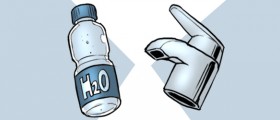
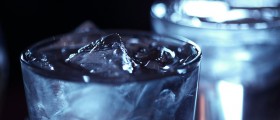

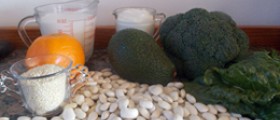


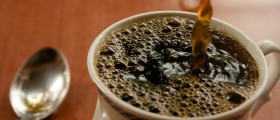
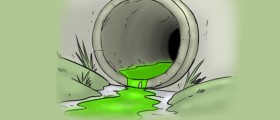
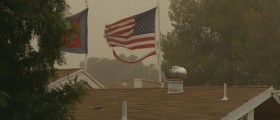






Your thoughts on this
Loading...